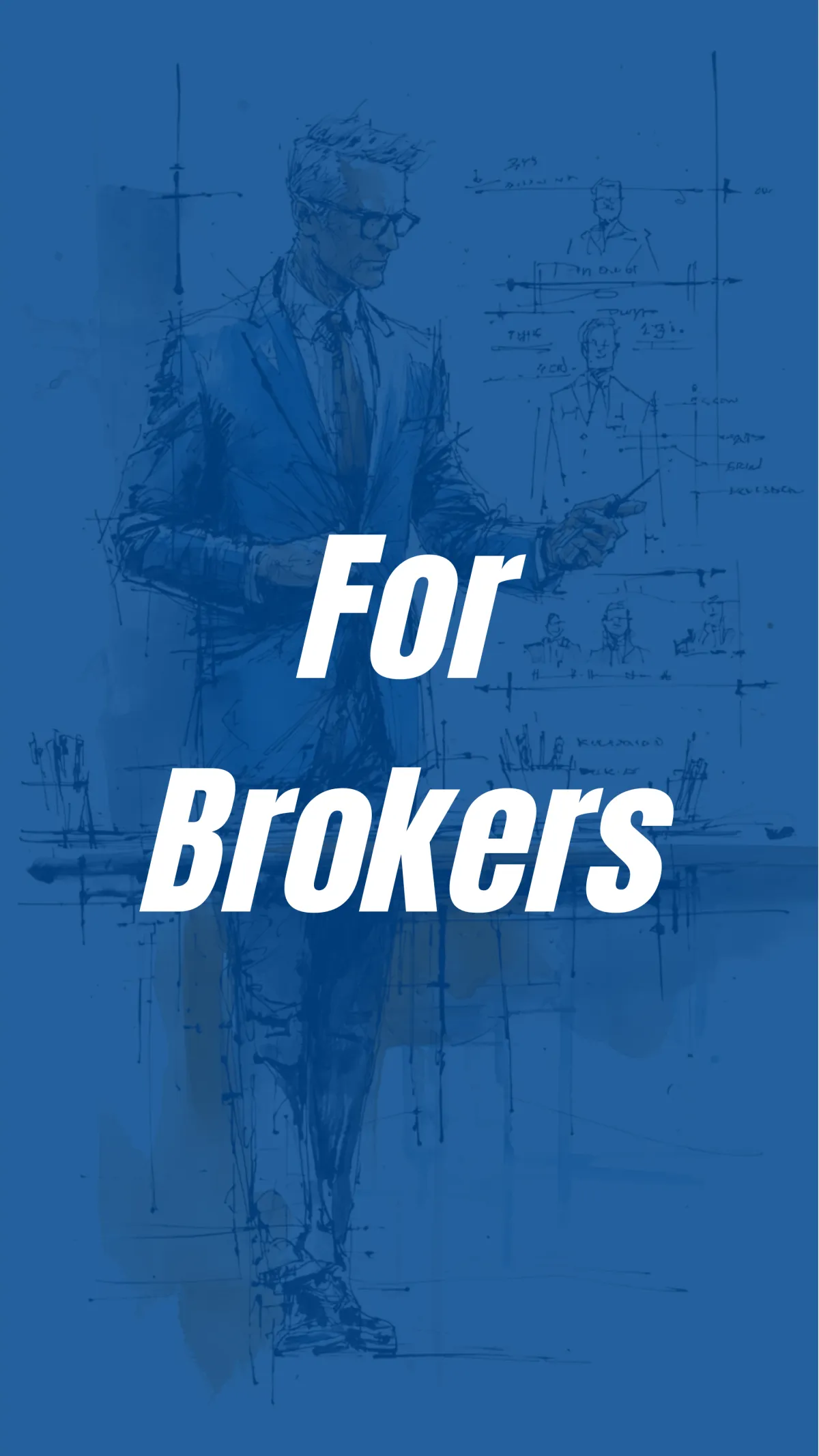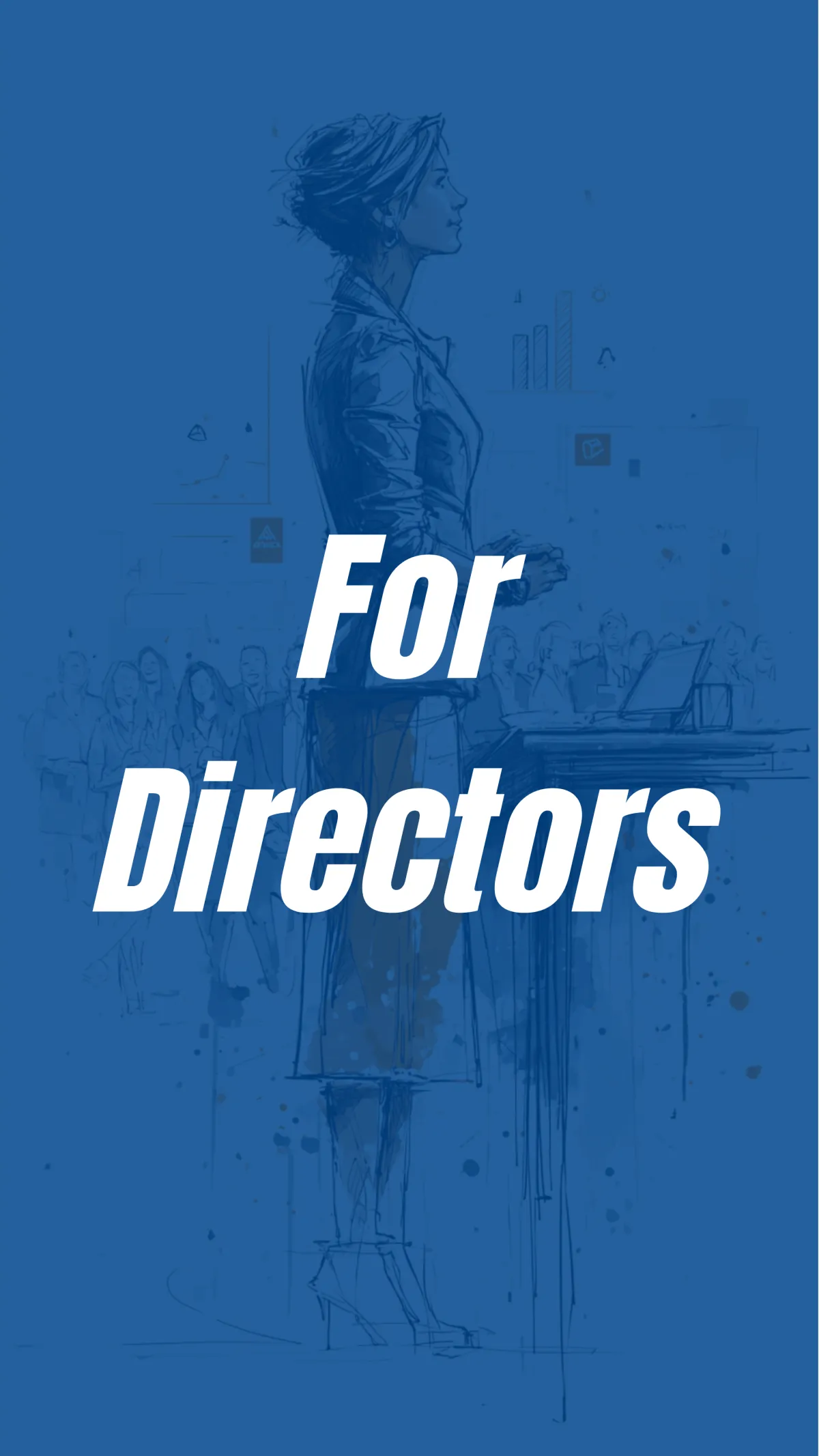
Which Traditional Practices Should Agents Leave Behind?
The real estate world moves fast, doesn't it? One minute a marketing strategy is the gold standard, and the next, it feels like using a flip phone in an iPhone world. You might be wondering, "Which traditional practices should agents leave behind?" to stay ahead of the curve.
You've probably heard colleagues swear by the old methods, but you feel that pull, that sense that there has to be a better way to connect with clients. It is time to improve your working relationship with customers and refine your business practices.
This isn't about throwing out everything you've learned; it's about being smart and selective. Answering which traditional practices should agents leave behind is the first step toward building a more resilient and successful real estate business. Adapting is how a good real estate professional thrives.
Unlock your potential with AI-powered solutions tailored to your real estate needs. Save time, grow faster, and work smarter. Schedule your discovery session now at lesix.agency/discovery.
The Cost of Staying Stuck in the Past
Let's be honest for a second. Sticking with what's comfortable can feel safe, but in business, safe can quickly become stagnant. Using outdated methods isn't just inefficient; it can actively hurt your personal brand and your bottom line. Many agents feel the burnout that comes from spending countless hours on activities with little return.
Think about the last time a cold call from a salesperson actually made you want to buy something. Today's consumers have more information at their fingertips than ever before. They want authenticity and personalized connection, not pushy, one-size-fits-all sales tactics, especially for something as significant as residential real estate.
Ignoring this shift means you are leaving money and opportunities on the table for competitors who are willing to adapt to the current housing market. A successful real estate agent knows that to build confidence with clients, they must meet them where they are. Outdated methods can erode client trust before you even have a chance to build it.
So, Which Traditional Practices Should Agents Leave Behind?
Figuring out what to ditch and what to double down on can feel overwhelming. We analyzed the biggest time and money wasters that are holding agents back. Many real estate agents don't realize how much these old habits cost them in the long run.
By swapping these old habits for smarter, tech-powered strategies, you can free up your time. This allows you to focus on what you do best: building strong relationships and guiding real estate clients. Here are the practices that need a serious update.
1. Relying Only on Cold Calling and Door Knocking
Remember the days of flipping through a phone book and dialing for dollars? While the grit it builds is admirable, the effectiveness of this practice has plummeted. In today's digital age, most people don't answer calls from unknown numbers, viewing them as interruptions rather than opportunities.
The same goes for door knocking. It's a huge time investment with a tiny chance of finding someone who is ready to sell their home at that moment. According to research from the National Association of Realtors, most sellers interview only one or two real estate agents. You need to be the real estate agent they already know and trust before they even decide to sell.
Instead, successful agents focus on inbound marketing. This means creating valuable content that attracts clients to you. Start a blog with neighborhood guides, create short videos explaining the home-buying process, or use your place online to showcase your expertise on the local market and provide assistance to followers. When you give helpful information, you become a trusted resource, so when someone is ready for a real estate transaction, you're the first person they think of.
2. Heavy Spending on Print Advertising

Magazine ads and newspaper classifieds once ruled real estate marketing. But where do you start your search for a product or service now? The answer is almost certainly online, as data consistently shows that homebuyers begin their search on the internet.
The biggest issue with print ads is the lack of targeting and measurability. You're sending a message out to a huge, general audience, hoping a tiny fraction of them are your ideal client. You also have no real way of knowing how many leads that expensive full-page ad actually generated for your estate business.
A better modern alternative is to reallocate that budget to targeted digital advertising. On platforms like Facebook and Google, you can target ads based on location, income, and online behavior. You can show your listings directly to people actively looking for homes in your area, making every dollar count and delivering measurable results for your marketing strategies.
3. The "Come One, Come All" Open House
The traditional weekend open house often attracts more curious neighbors than genuinely interested buyers. You spend a beautiful Sunday afternoon arranging snacks, only to collect a handful of fake email addresses. While open houses can still have a place, the old way of doing them is incredibly inefficient for any serious estate agent.
An open house shouldn't just be a passive showing. A modern open house is an active lead generation and content creation event. The goal isn't just to sell that one house; it's to meet potential clients for other houses down the line and expand your network.
Here's how successful real estate agents remain ahead of the curve with their open house strategy. They use a digital sign-in tool that flows directly into their CRM. They promote the event heavily on social media with a video walkthrough and go live during the event to give a virtual tour. This transforms a two-hour event into a lasting piece of marketing content that attracts leads for weeks.

4. Sending Generic Postcards and Newsletters
That "Just Sold" postcard featuring your face, sent to an entire zip code, probably gets tossed in the recycling bin. Why? Because it's not personal. It doesn't speak to the recipient's specific situation, which is why generic marketing in a world of personalization just feels like noise.
People are bombarded with thousands of marketing messages a day, so the only way to cut through is with relevance. If your message isn't directly related to the person receiving it, it becomes invisible. Many agents aren't aware of how low the return on investment for untargeted direct mail has become.
The solution is hyper-personalization, powered by a good CRM. Segment your contact list into specific groups: first-time buyers, past clients, or leads interested in a particular neighborhood. Instead of a generic "Just Sold" postcard, send it only to the 200 homes immediately surrounding the property with a message like, "Your neighbor's home sold for a record price. Wondering what yours is worth?" This targeted approach dramatically increases response rates and makes clients feel valued.
5. Managing Your Business with a Spreadsheet
If your database is a messy Excel spreadsheet, you're running on borrowed time. This approach is not scalable, and it lets valuable opportunities fall through the cracks. You can't remember every detail about every client, and you certainly can't manually follow up with hundreds of leads in a timely fashion, especially as an independent contractor juggling multiple tasks.
Without a robust system, you are relying on your memory to manage your most important asset: your relationships. It's impossible to grow your residential real estate business effectively when your client information is disorganized. A CRM isn't just a digital Rolodex; it's the central nervous system for your business that helps you pay attention to the details that matter.
Investing in a real estate-specific Customer Relationship Management (CRM) system is non-negotiable for the modern estate professional. A good CRM will help you track every interaction with clients customers, automate follow-up, and remind you of important dates. It takes the guesswork out of lead nurturing and lets you provide a better client experience, improving your client relationship with less effort.
6. Neglecting to Get a Written Agreement
A surprising number of real estate agents don't formalize their working relationship with a client right away. Often, this is due to a fear of being too pushy or jeopardizing the rapport they've built. However, operating without a clear, written agreement is a risky business practice that can harm both you and your client.
An oral agreement is flimsy and open to interpretation, which can lead to disputes over commissions, responsibilities, and timelines. It's crucial to have everything documented. A formal contract protects your time and effort, and it also sets clear expectations for your clients, which helps build client trust from the very beginning.
Always aim for an exclusive agreement that outlines the scope of your services, the duration of the representation, and how you offer compensation. This written agreement demonstrates your professionalism and commitment. Presenting it not as a demand but as a tool for a smooth and transparent partnership speaks volumes about you as a real estate professional.
Embracing the New Way of Real Estate
Leaving old habits behind can feel scary, as it requires learning new skills and technologies. But the alternative—getting left behind—is far scarier. Embracing professional development and learning effective strategies for today's real estate market conditions is no longer optional for real estate agents.
The goal isn't to become a robot who only communicates through a screen. The goal is to use technology to automate repetitive tasks so you have more time for the human connections that truly matter. These connections are the foundation of a successful real estate career and are what lead to referrals and repeat business.
Think of new tools like AI and marketing automation as your personal assistants. They can help with your real estate news updates, run your social media ads, and manage your follow-up campaigns. All this happens while you're out meeting clients for coffee, negotiating an offer, or networking with fellow agents to stay on top of the local market.
Conclusion
The real estate industry is always changing, and success belongs to those who adapt. Looking critically at which traditional practices should agents leave behind is a strategy for the future. You will save time, reduce stress, and ultimately build a stronger, more profitable business that serves your clients in the best way possible.
By moving away from inefficient methods like cold calling and print ads, and embracing smarter solutions like digital marketing, CRMs, and personalization, you position yourself as a forward-thinking expert. These changes will help you build a durable estate business ready for any shifts in the housing market.
This commitment to modern business practices is what defines successful agents today. It builds a reputation of competence and reliability, ensuring clients feel confident in your ability to guide them through their real estate transactions. All rights reserved on your path to success.
Ready to take your real estate success to the next level? Schedule your discovery session today at lesix.agency/discovery. Stay ahead with tips and insights—subscribe to our newsletter at lesix.agency/newsletter.










